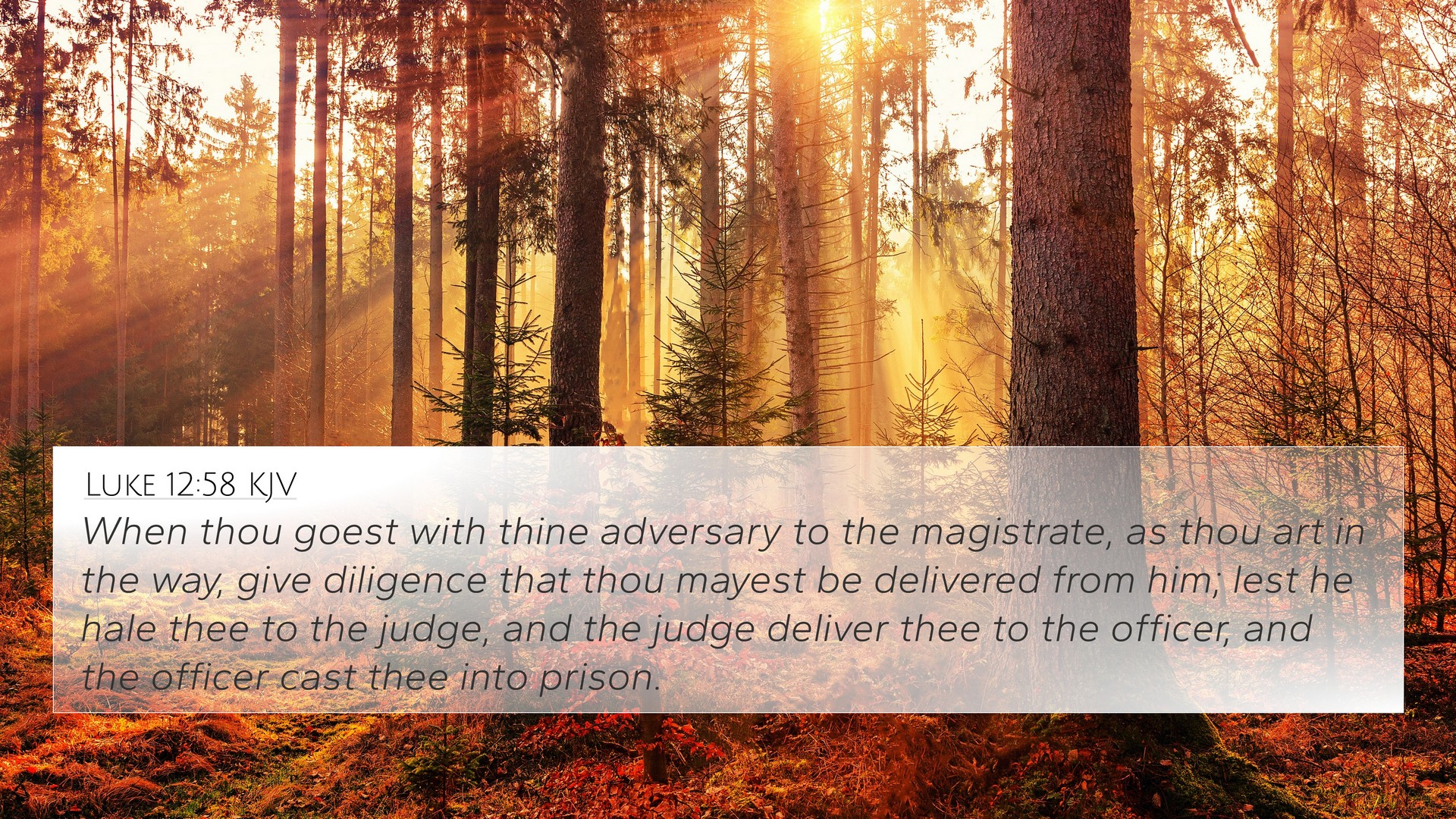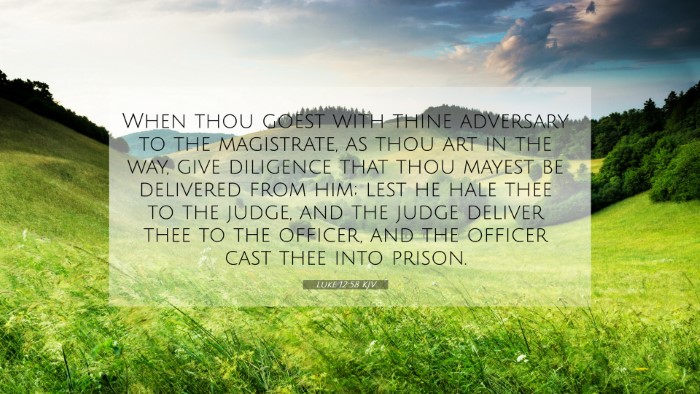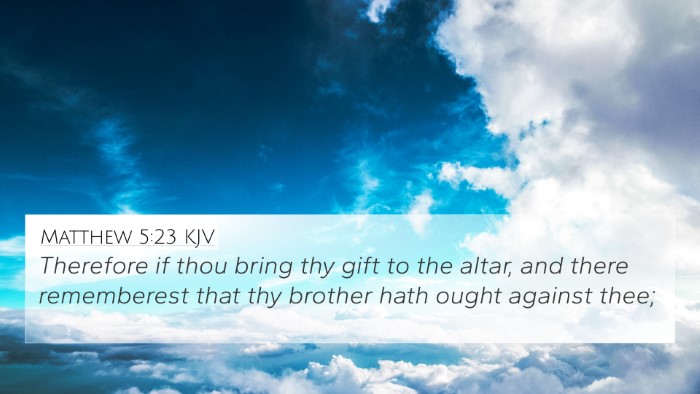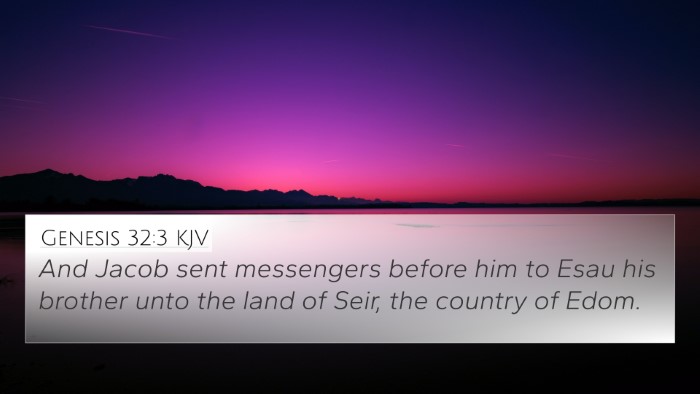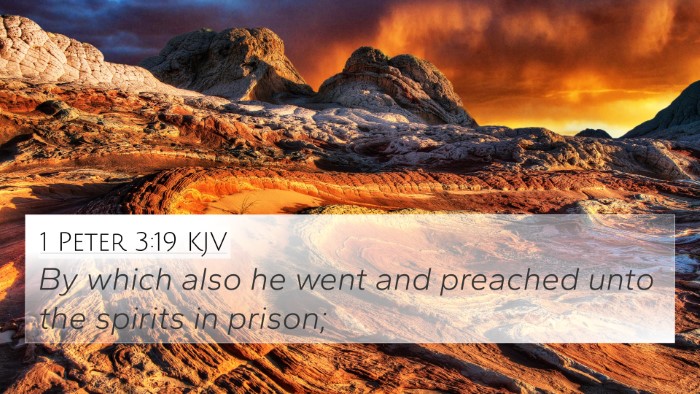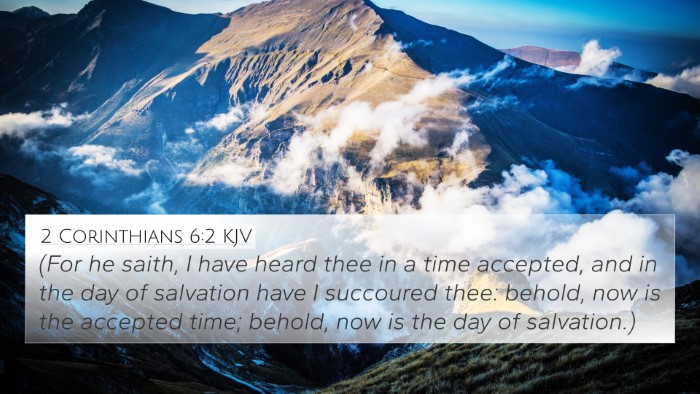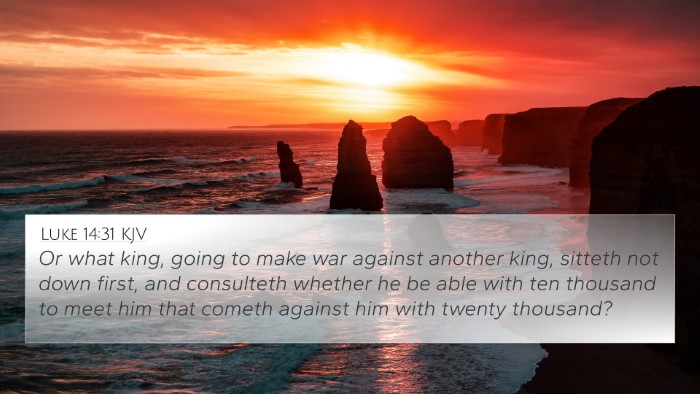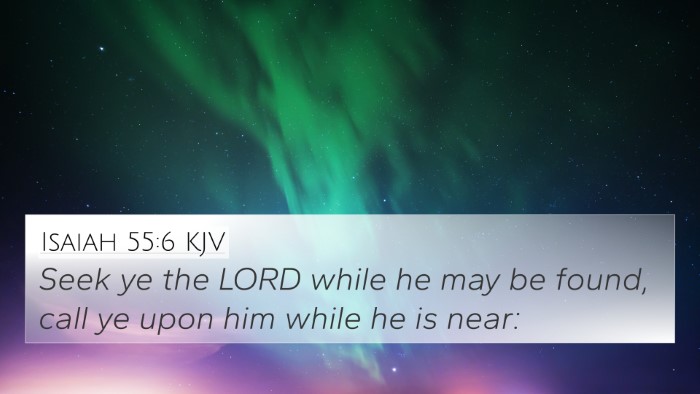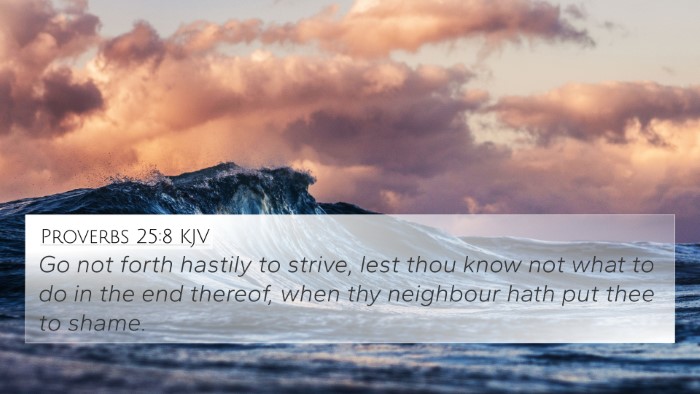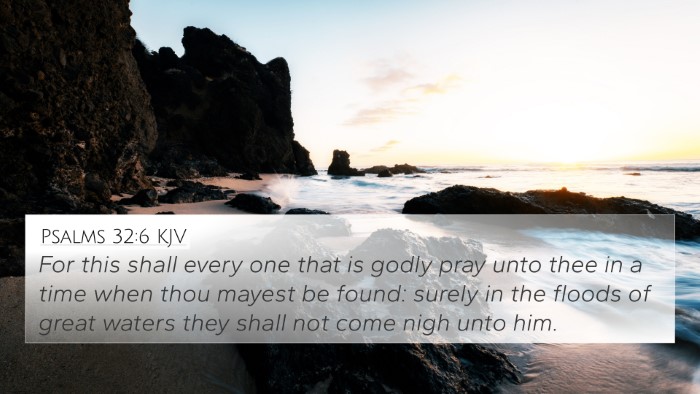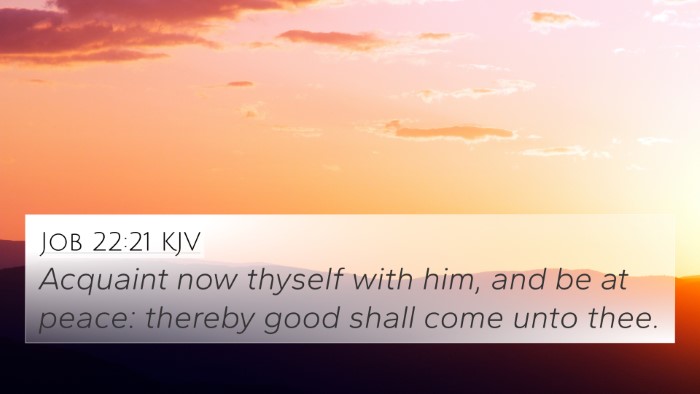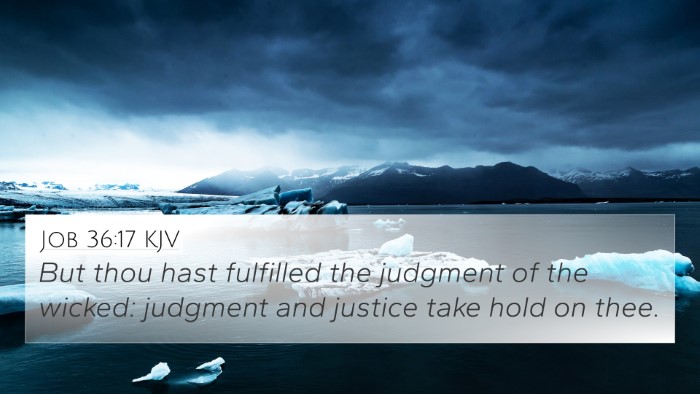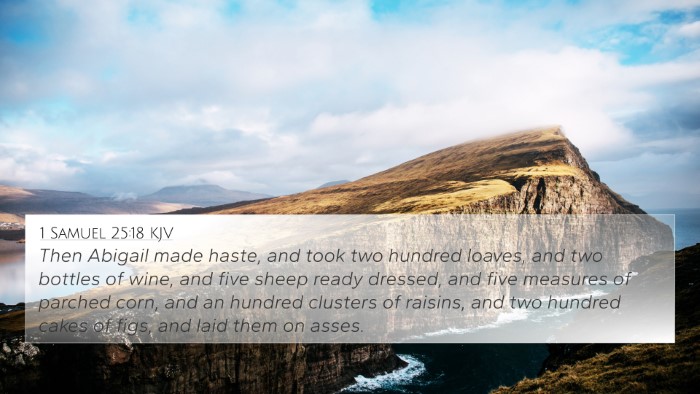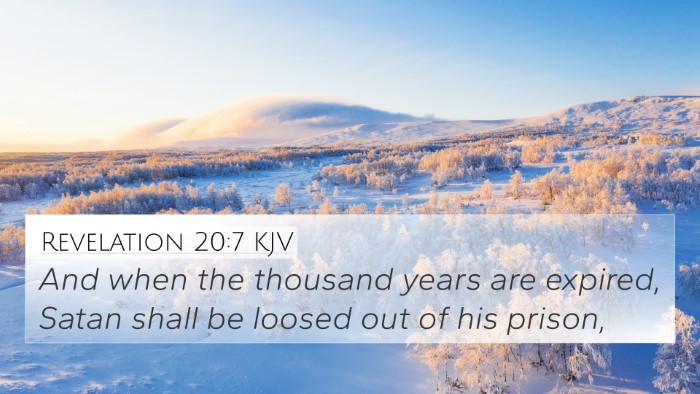Understanding Luke 12:58
Bible Verse: “When you go with your adversary to the magistrate, make every effort along the way to settle with him, lest he drag you before the judge, the judge deliver you to the officer, and the officer throw you into prison.” (Luke 12:58, NKJV)
Summarized Commentary Insights
This verse serves as a practical teaching from Jesus on the importance of resolving conflicts before they escalate. The act of settling disputes amicably is emphasized throughout scripture, reflecting a core principle of Christian living.
Matthew Henry's Commentary
Matthew Henry highlights that this verse underscores the wisdom in seeking peace and reconciliation. Engaging in conflict without prior resolution can lead to greater consequences, which may involve severe judgments. The emphasis here is also on the journey and the decisions made along the way, symbolizing life's progression.
Albert Barnes' Commentary
Albert Barnes elaborates that Jesus wants his followers to understand the necessity of settling matters quickly. He warns against the dangers of unresolved issues which could lead to not just legal ramifications but spiritual ones as well. Barnes notes that the magistrate symbolizes authority and judgment, while the adversary represents those conflicts we face in life.
Adam Clarke's Commentary
Adam Clarke discusses the societal implications of not resolving disputes promptly. He interprets the magistrate's court as a metaphor for the ultimate judgment every person will face. Clarke enhances the understanding by suggesting that believers should ensure their relationships are clear and settled to avoid future turmoil.
Bible Cross-References for Luke 12:58
- Matthew 5:25-26: "Agree with your adversary quickly..." – a warning on resolving disputes.
- Romans 12:18: "If it is possible, as much as depends on you, live peaceably with all men." – an exhortation to pursue peace.
- 1 Corinthians 6:1: "Dare any of you, having a matter against another, go to law before the unrighteous..." – addressing conflicts within the community.
- Matthew 18:15: "Moreover if your brother sins against you, go and tell him his fault..." – promoting direct resolution.
- Ephesians 4:26-27: "Be angry, and do not sin; do not let the sun go down on your wrath..." – the importance of settling disputes immediately.
- James 3:18: "Now the fruit of righteousness is sown in peace by those who make peace." – advocating for peacemaking.
- Proverbs 15:1: "A soft answer turns away wrath..." – wisdom in communication during disputes.
Connecting Biblical Themes
The insights from Luke 12:58 connect with various biblical themes, emphasizing the importance of reconciliation and the avoidance of strife. The practical wisdom conveyed in this verse reflects a broader theological narrative found throughout scripture.
Thematic Bible Verse Connections
In considering the connections between Bible verses, this verse also relates to themes of:
- The nature of peace and its pursuit (Romans 14:19).
- The consequences of unchecked anger (Proverbs 29:22).
- The importance of humility in conflict resolution (Philippians 2:3).
Comparative Bible Verse Analysis
Each of the cross-referenced verses provides greater insight into the principle of settling disputes swiftly. The thematic links can be seen in how these verses offer guidance on personal relationships, the community, and the manifestation of Christ-like behavior in the face of adversity.
Tools for Bible Cross-Referencing
Utilizing a bible concordance or a bible cross-reference guide can be invaluable for exploring connections between different scriptures. Understanding these relationships can enhance one’s study and comprehension of the broader biblical narrative.
Encouragement for Personal Reflection
As believers, reflecting on the teachings of Jesus in Luke 12:58 can inspire us to take proactive steps in our relationships. By engaging in cross-referencing biblical texts and identifying connections between verses, we enrich our understanding of how scripture informs our convictions and actions.
Conclusion
Luke 12:58 serves as a poignant reminder of the necessity to ensure peace and settle disputes before they escalate into larger conflicts. Through a collective study of related scriptures, we see a consistent call for reconciliation that resonates deeply within Christian teachings.
